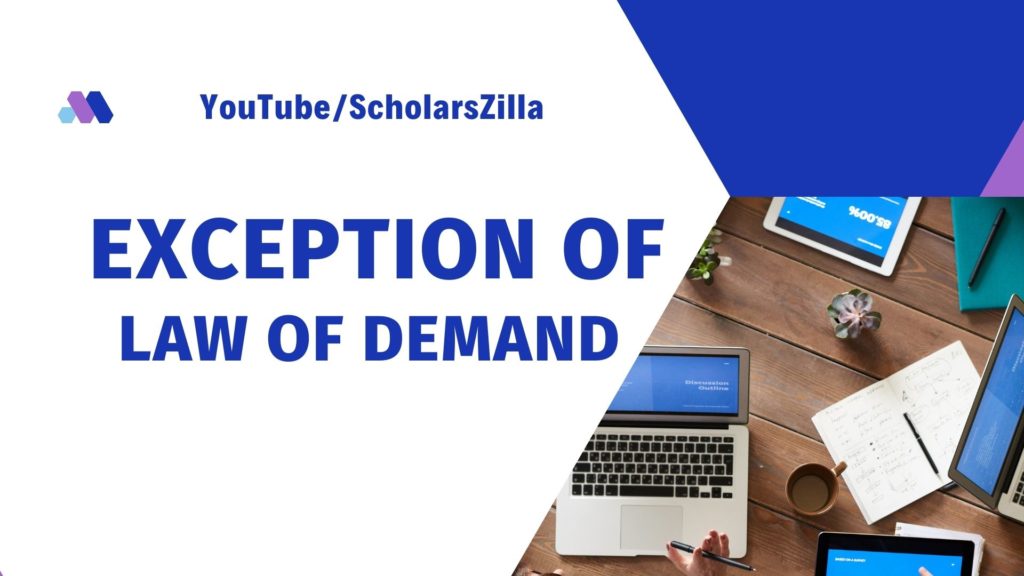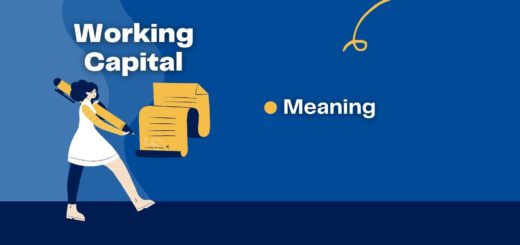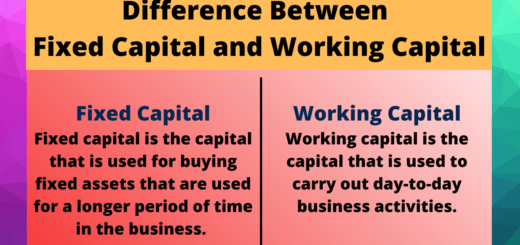Exception of Law of Demand (6 Points) | Free Economic Blogs
Table of Contents
Exception of Law of Demand
Meaning of Demand
In ordinary language, demand means a desire. Desire means an urge to have something.
In Economics, demand means a desire which is backed by a willingness and ability to pay.
For example, if a person has the desire to purchase a television set but does not have adequate purchasing power then it will be simply a desire and not a demand.
Thus, demand is an effective desire. All desires are not demand.
In short,
Demand = Desire + Willingness to Purchase + Ability to Pay.
- Microeconomic Definition | Historical Review of Microeconomics
- Scope Or Nature of Microeconomics
- Features of Microeconomics
- Importance of Microeconomics

Definition of Demand
According to Benham, “the demand for anything at a given price is the amount of it, which will be bought per unit of time at that price.”
Thus, the following are the features of demand :
1) Demand is a relative concept.
2) Demand is essentially expressed with reference to time and price.
What is Law of Demand?
Exception of Law of Demand
There are certain exceptions to the law of demand. It means that under exceptional circumstances, consumer buys more when the price of commodity rises and buys less when price of commodity falls. In such cases, demand curve slopes upwards from left to right. i.e. the demand curve has a positive slope as shown in fig.

The following are the exceptions to the law of demand
1) Giffen’s paradox
Inferior goods or low quality goods are those goods whose demand does not rise even if their price falls. At times, demand decreases when the price of such commodities falls.
Sir Robert Giffen observed this behaviour in England in relation to bread. He noted that, when the price of bread declined, people did not buy more because of an increase in their real income or purchasing power. They preferred to buy superior good like meat. This is known as Giffen’s paradox.
2) Prestige goods
Expensive goods like diamond, gold etc. are status symbols. So rich people buy more of it, even when their prices are high.
3) Speculation
The law of demand does not hold true when people expect prices to rise still further. In this case, although the prices have risen today, consumers will demand more in anticipation of further rise in price. For example, prices of oil, sugar etc. tend to rise before Diwali. So people go on purchasing more at a high price as they anticipate that prices may rise during Diwali.
4) Price illusion
Consumers have an illusion that high priced goods are of a better quality. Therefore, the demand for such goods tend to increase with a rise in their prices. For example, branded products which are expensive are demanded even at a high price.
5) Ignorance
Sometimes, due to ignorance people buy more of a commodity at high price. This may happen when consumer is ignorant about the price of that commodity at other places.
6) Habitual goods
Due to the habit of consumption, certain goods like tea is purchased in required quantities even at a higher price.


